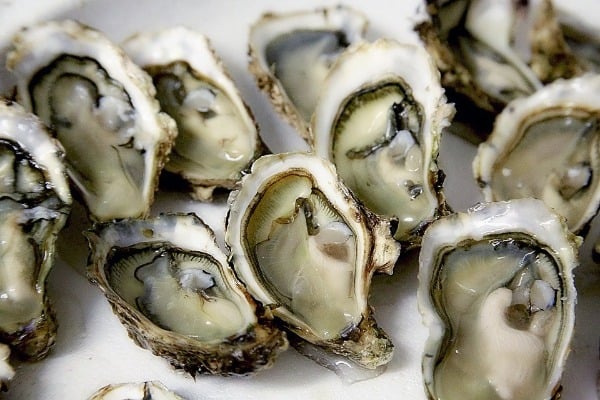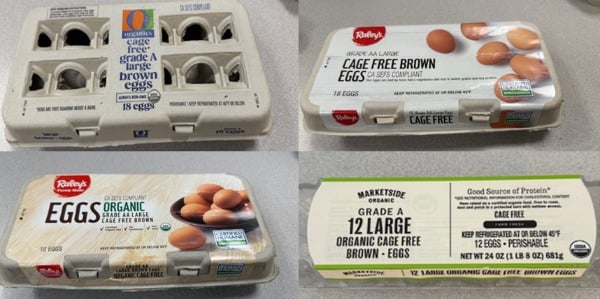Federal food safety officials have confirmed the first case of Dermo disease in oysters from Newfoundland and Labrador. The disease was detected in Notre Dame Bay, marking a concerning development for the province’s oyster industry.
Dermo disease is caused by a parasite called Perkinsus marinus. While it doesn’t pose any risk to human health or food safety, it can be deadly for oysters. Infected oysters typically experience higher death rates and slower growth, which can harm oyster farms and their production.
This isn’t the first appearance of Dermo in Canada. The disease was initially found in New Brunswick last November, making that the first Canadian case. Since then, it has spread to Nova Scotia and Prince Edward Island before reaching Newfoundland and Labrador.
The parasite can spread directly from oyster to oyster, or through water that’s contaminated with it. This easy transmission makes controlling the spread particularly challenging.
In response to the discovery, Canadian authorities have taken swift action. The CFIA has issued a quarantine order specifically for Notre Dame Bay Mussel Farms Inc. on May 30. The company is reportedly working with officials and following all regulatory orders.
Beyond quarantine measures, officials are increasing monitoring of oysters in the area, implementing controls on oyster movement, and actively investigating where the disease came from.
Similar Posts
Environmental factors play a key role in how the disease spreads. Research shows that water temperature, salt levels, and oxygen content can all affect how quickly Dermo spreads and how severely it impacts oyster populations. Warmer waters and certain salt concentrations create ideal conditions for the parasite to multiply. When oxygen levels drop, oysters have a harder time fighting off the infection.
The coordinated response involves multiple agencies working together. The CFIA is collaborating with the provincial government and Fisheries and Oceans Canada (DFO) in what they call a “One Health” approach – recognizing that the health of animals, humans, and the environment are all connected.
For consumers, the most important thing to know is that oysters with Dermo are completely safe to eat. The parasite doesn’t affect humans and poses no food safety concerns.

The National Aquatic Animal Health Program, jointly delivered by the CFIA and DFO, plays a crucial role in preventing the introduction and spread of significant aquatic animal diseases affecting finfish, molluscs, and crustaceans.
As monitoring continues, officials will be watching closely to see if the disease can be contained to protect Newfoundland and Labrador’s oyster farming industry.


















